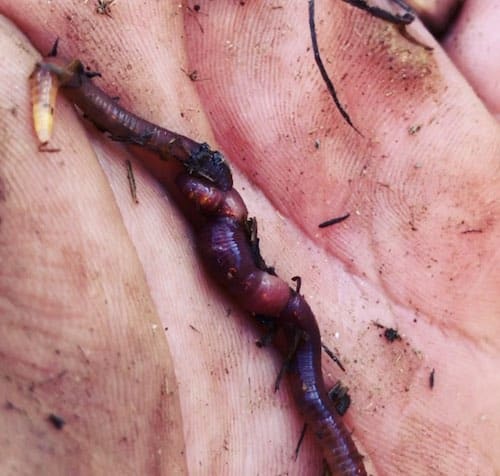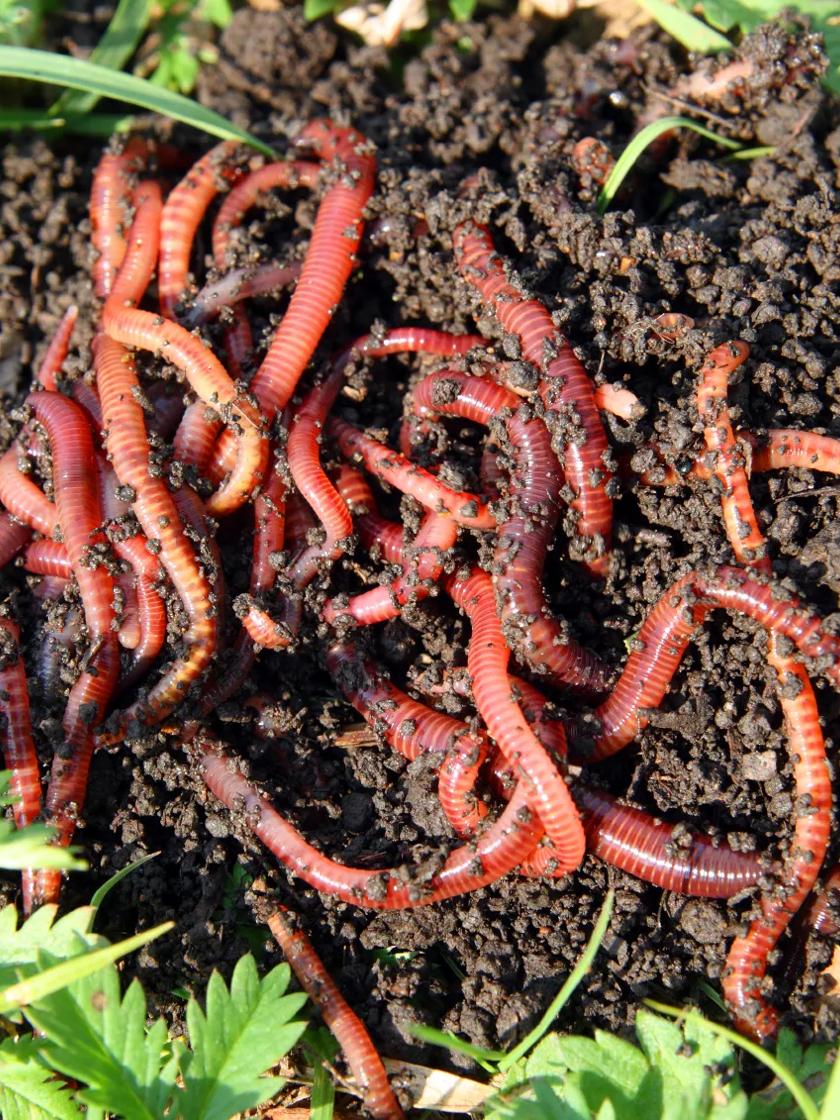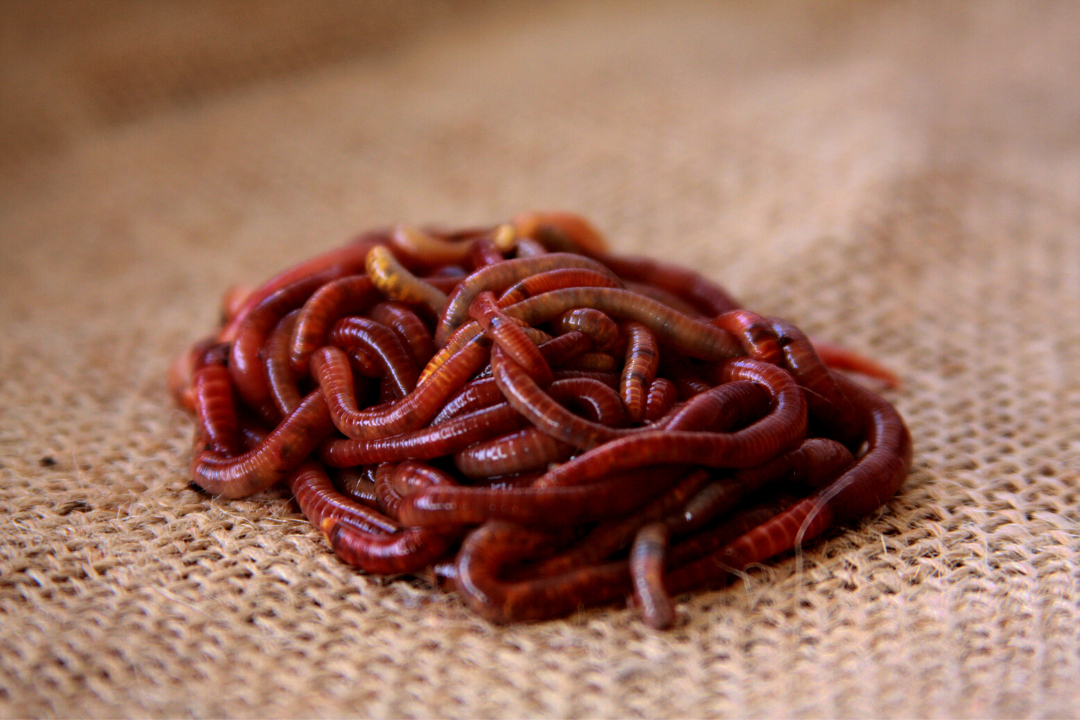Lake Hickory Bait Provides the Resources You Need for a Perfect Lawn
Lake Hickory Bait Provides the Resources You Need for a Perfect Lawn
Blog Article
Red Wigglers: The Unsung Heroes of Organic Waste Recycling
Red wigglers, or Eisenia fetida, offer as crucial agents in the natural waste recycling process, transforming thrown out products right into useful vermicompost. As the world significantly seeks remedies to deal with waste accumulation and boost farming efficiency, recognizing the function of these worms ends up being essential.
What Are Red Wigglers?
The remarkable durability of red wigglers, scientifically known as Eisenia fetida, highlights their critical duty in natural waste recycling. These tiny, reddish-brown earthworms are normally found in decomposing organic issue, such as compost heap and manure heaps. Lake Hickory Bait. Unlike other earthworm species, red wigglers grow in nutrient-rich settings and are highly reliable at breaking down natural products, making them essential for vermicomposting

(Red Wiggler Express)Along with their duty in waste decrease, red wigglers contribute to soil wellness by improving dirt framework and aeration via their burrowing tasks (Lake Hickory Bait). Their presence in composting systems not only improves disintegration prices yet additionally promotes a lasting technique to squander monitoring, showing their value in ecological conservation efforts
Advantages of Composting With Worms
Composting with worms, especially red wigglers, provides many advantages that boost both waste management and dirt health and wellness. First, these worms successfully break down natural waste, converting it right into nutrient-rich vermicompost that enriches soil. This procedure accelerates decomposition, permitting a quicker recycling of kitchen area scraps and other organic materials compared to typical composting approaches.
In addition, the vermicompost produced by red wigglers is including helpful microorganisms, which assist boost dirt framework, oygenation, and moisture retention. This enhances the general health and wellness of plants, advertising vigorous growth and increased yields in gardens and agricultural setups. The use of worms in composting lessens the manufacturing of greenhouse gases, such as methane, adding to a much more lasting waste monitoring system.

Just How to Beginning Vermicomposting
Developing a vermicomposting system is an uncomplicated procedure that can produce considerable advantages for both waste monitoring and dirt enrichment. To start, choose a suitable container, such as a plastic bin or wood box, with sufficient ventilation openings to make sure correct air movement. The dimensions must ideally be about 2 feet by 3 feet, enabling ample space for the worms to flourish.
Following, prepare bed linens product, which can include shredded paper, cardboard, or coconut coir. This bed linens needs to be dampened to produce an ideal environment for the worms. As soon as the bed linen remains in place, introduce red wigglers (Eisenia fetida) right into the bin, usually around one pound of worms for every square foot of area.
Adhering to the placement of worms, add organic waste, such as fruit and veggie scraps, coffee grounds, and smashed eggshells. With these steps, you will properly start a vermicomposting system that contributes to sustainable waste administration and improves your dirt.
Preserving a Healthy And Balanced Worm Bin
(Lake Rhodhiss Bait)Keeping a worm bin flourishing needs normal focus and care to guarantee the health and wellness of the red wigglers and the effectiveness of the composting process. Proper upkeep starts with keeping track of the moisture levels; the container should be moist but not saturated. A good guideline is to keep a consistency similar to a wrung-out sponge.
Gently mixing the bed linen and food scraps every couple of weeks prevents compaction and guarantees that all worms have access to oxygen. In addition, it is vital to feed the worms appropriately.
If the container ends up being also warm or chilly, the worms may end up being stressed. By vigilantly taking care of these aspects, one can keep a robust and productive worm container.
Effect On Sustainable Living
The successful maintenance of a worm bin not just benefits the health and wellness of red wigglers however likewise contributes considerably to sustainable living techniques. By reusing organic waste, such as kitchen scraps and lawn particles, red wigglers help divert significant quantities of product from land fills. This reduction in waste not only reduces greenhouse gas discharges however also minimizes the ecological problem associated with waste management.
In addition, the castings produced by red wigglers function as a nutrient-rich natural plant food, enhancing dirt health and wellness and promoting plant growth. This all-natural alternative to chemical plant foods supports sustainable agriculture and horticulture practices, reducing reliance on synthetic inputs that can hurt communities. In addition, worm composting promotes recognition of waste monitoring, urging people and communities to adopt more lasting behaviors.

Conclusion
In recap, red wigglers serve as vital contributors to natural waste recycling with their effective decomposition of organic materials. By integrating vermicomposting right into waste management strategies, people and areas can significantly minimize waste while advertising environmental sustainability.
Report this page